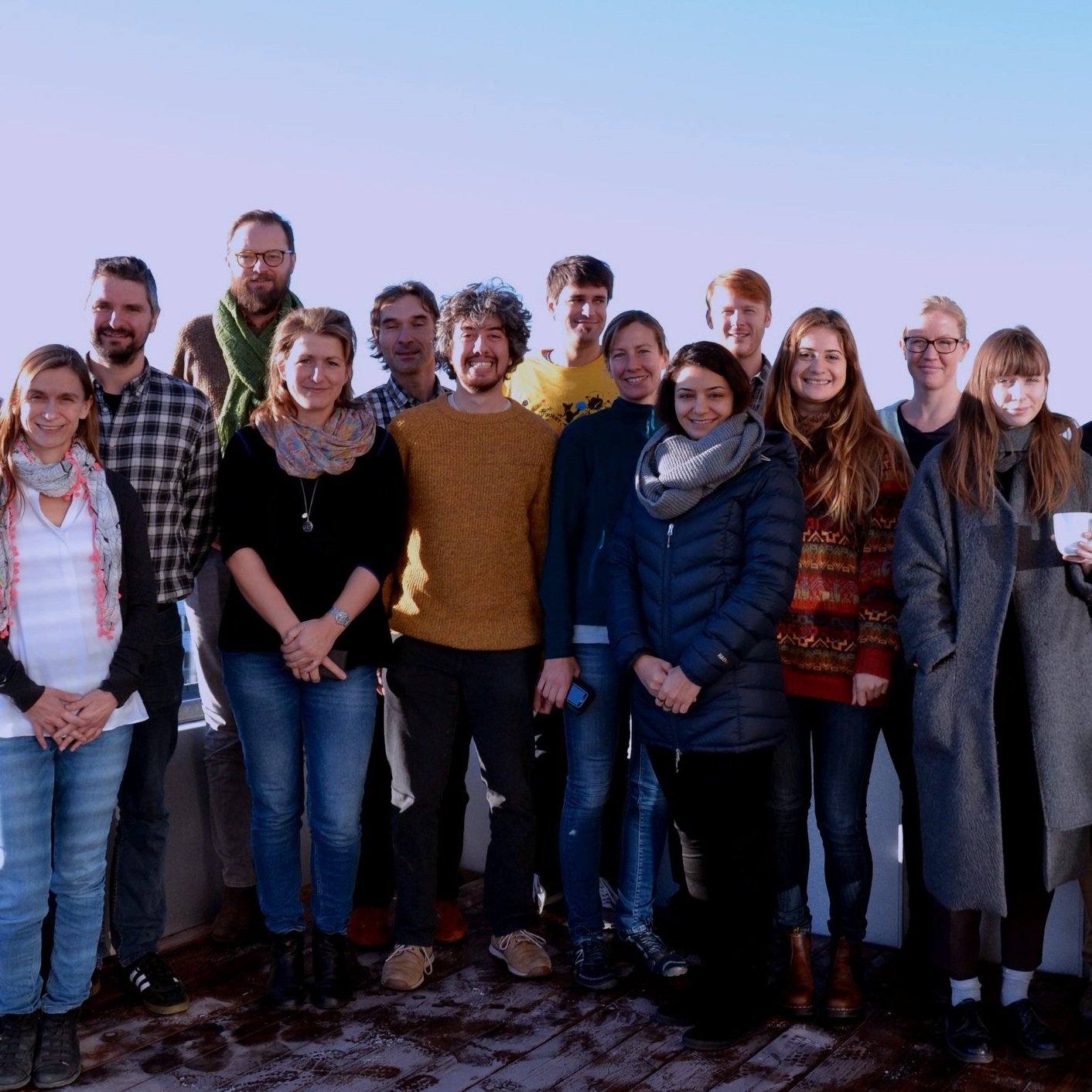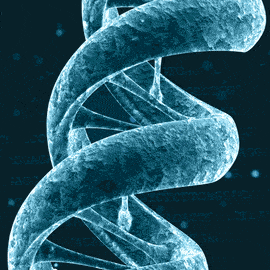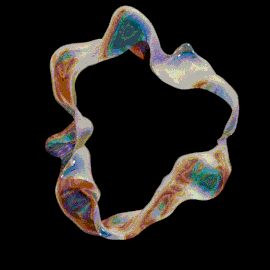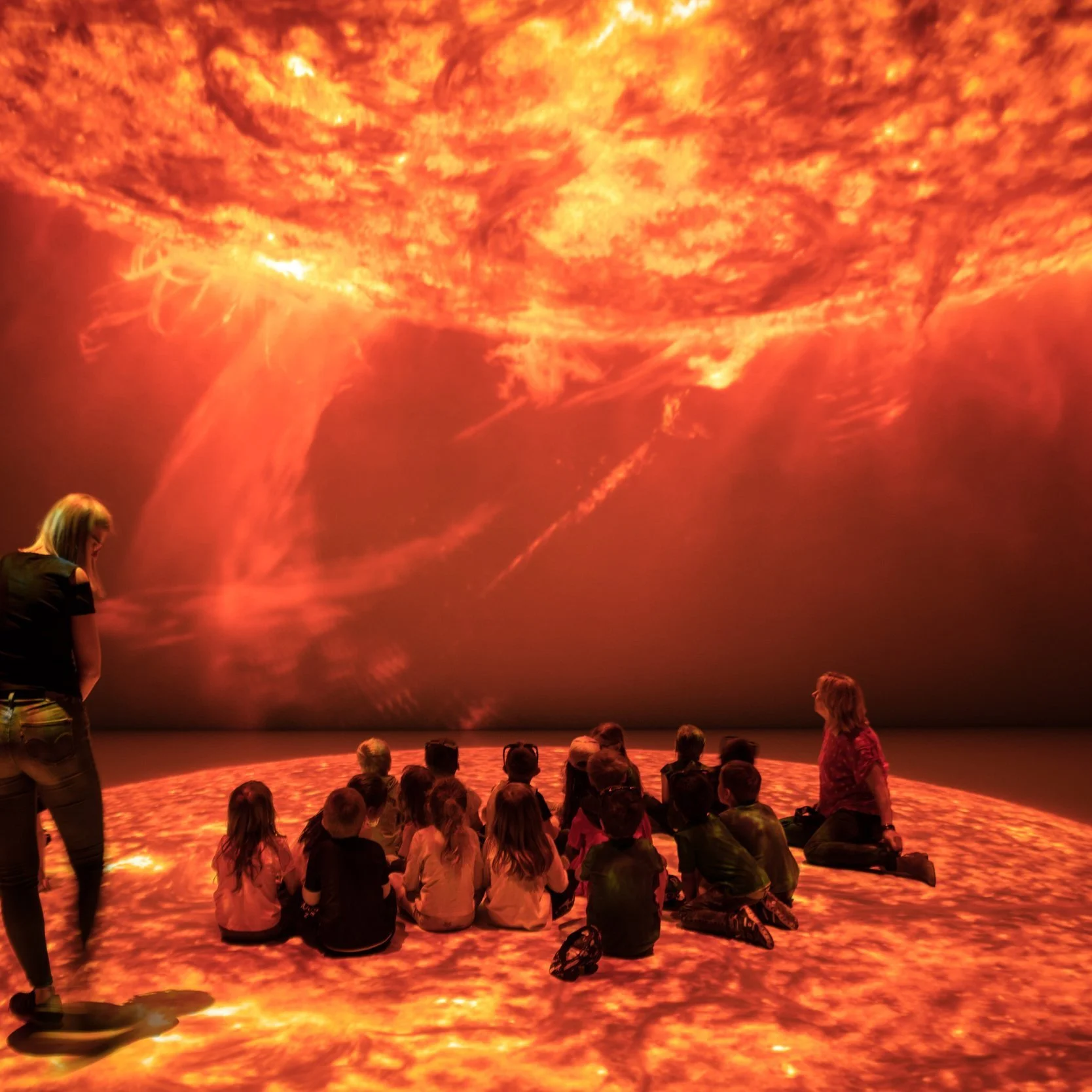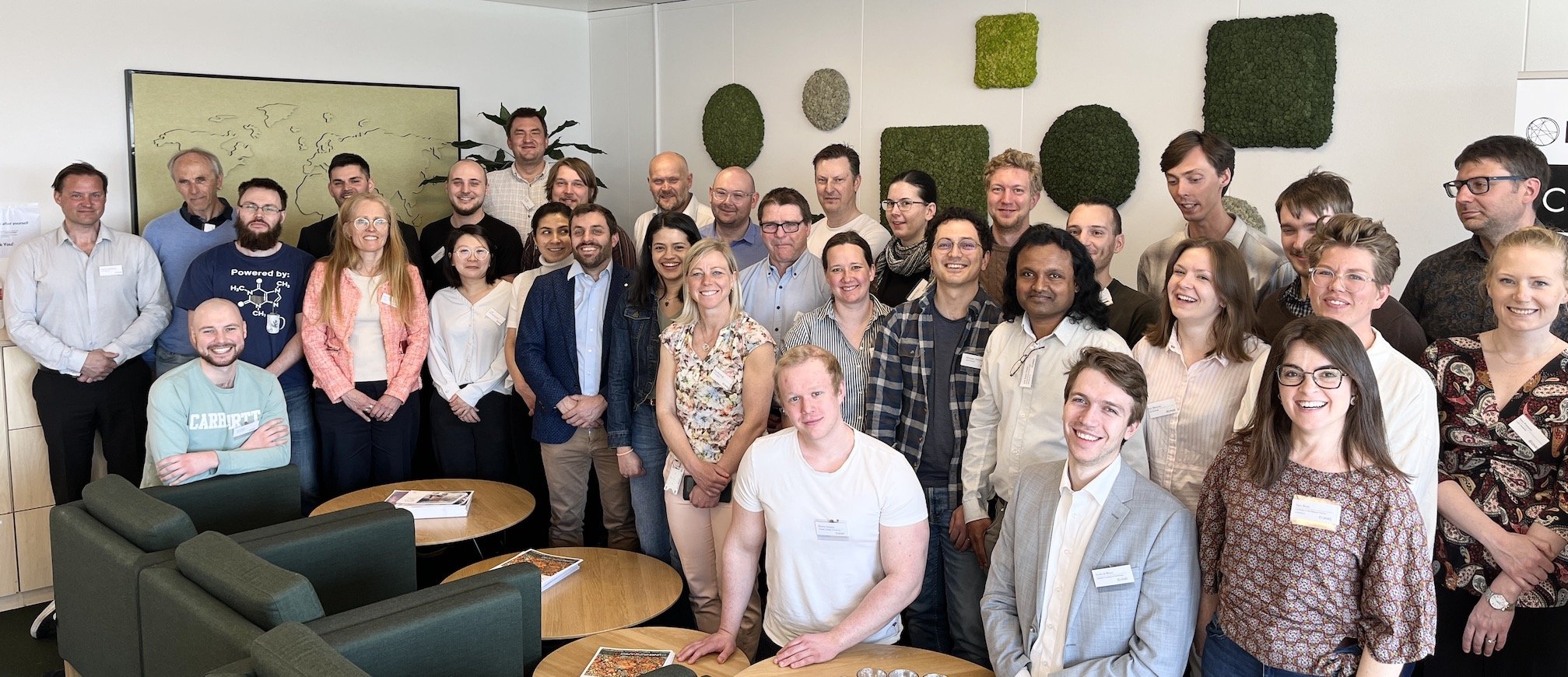– We wanted to bring together academia and industry professionals to exchange ideas, expertise, and experiences. By connecting researchers from both sectors, we sought to facilitate collaborations that can translate fundamental scientific discoveries into practical applications and contribute to the development of innovative catalytic technologies, says Sara Blomberg, Associate Senior lecturer at the Department of Chemical Engineering at Lund University, and working group leader.
The workshop attracted a diverse range of attendees including international PhD students and professors as well as industry professionals related to catalysis research. They came from academia, national laboratories, and industrial sectors, fostering fruitful discussions and collaborations among experts with different perspectives and expertise.
Sara Blomberg reflects that the main takeaways were the updates on the latest advancements in experimental techniques, data analysis, and theoretical models. Participants gained insights into how synchrotron radiation can be utilised to study catalytic processes with exceptional precision and detail, enabling the design of more efficient catalysts and processes.
Excited about the Catalysis working group’s effort
– The work we do within the group is exciting due to its potential for joint significant scientific breakthroughs and technological advancements. The broad networking and utilisation of synchrotron radiation enable researchers to probe catalytic processes at atomic and molecular levels, revealing crucial details and mechanisms that were previously inaccessible. This opens up opportunities for designing more efficient and sustainable catalysts with enhanced selectivity and activity, says Sara Blomberg.
– Some of the challenges we are trying to address and gain more information on, include understanding the dynamics of catalytic reactions in real-time, elucidating the structure-activity relationships of catalysts, exploring catalyst poisoning and deactivation mechanisms, and developing strategies for in situ and operando characterisation of catalytic materials. These challenges are essential for advancing the field and accelerating the development of sustainable and environmentally friendly catalytic processes, she concludes.
The Catalysis working group falls under the New Materials Theme.
Read more about the New Materials Theme











